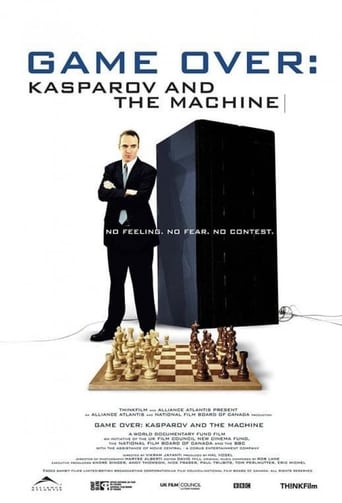


Game Over: Kasparov and the Machine
Garry Kasparov is possibly the greatest chess player who has ever lived. In 1997, he played a match against the greatest chess computer: IBM's Deep Blue. He lost. This film depicts the drama that happened away from the chess board from Kasparov's perspective. It explores the psychological aspects of the game and the paranoia surrounding IBM's ultimate chess machine.
-
- Cast:
- Anatoli Karpov , Garry Kasparov


Similar titles
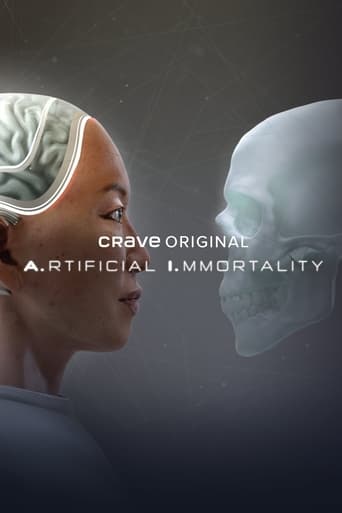
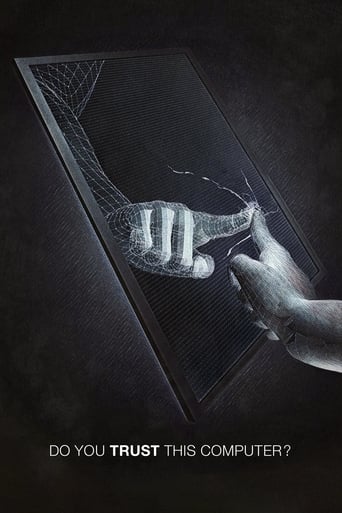
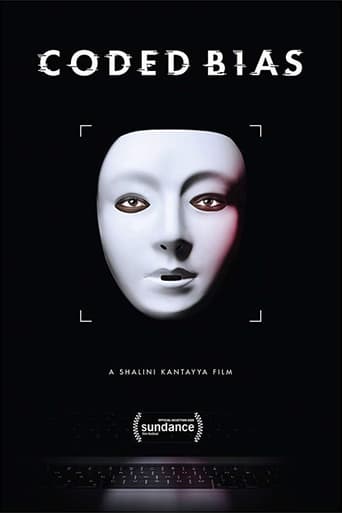
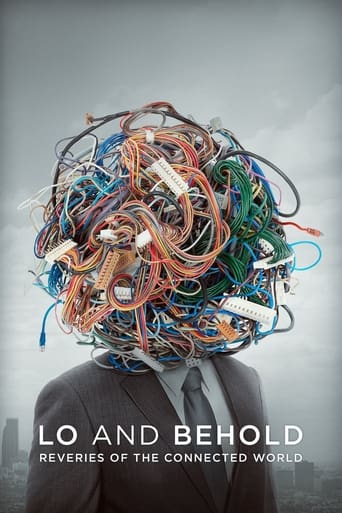

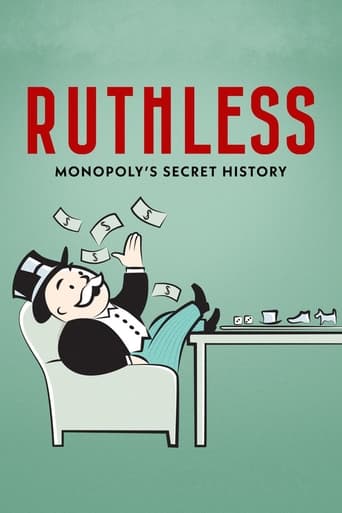
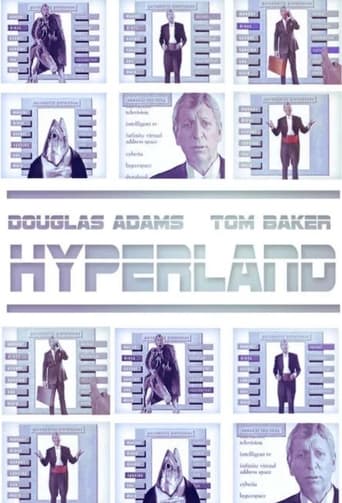
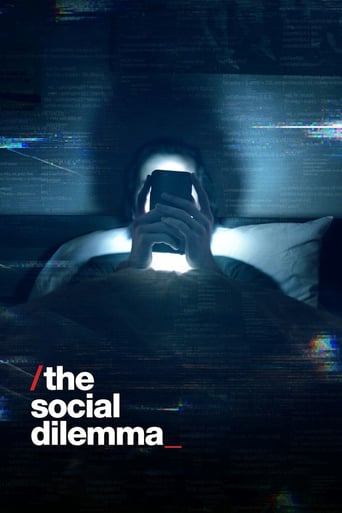
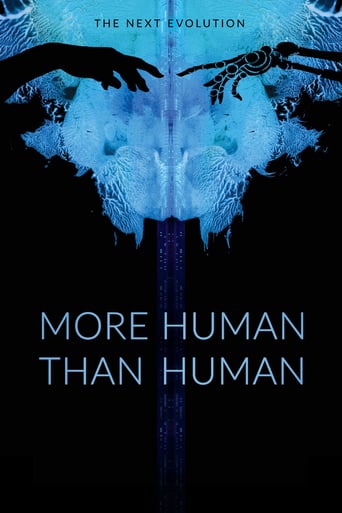
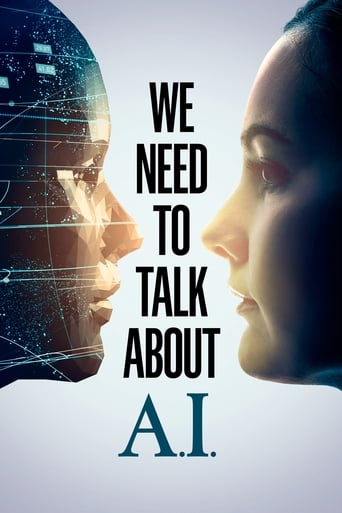
Reviews
Simple and well acted, it has tension enough to knot the stomach.
Pretty good movie overall. First half was nothing special but it got better as it went along.
The film creates a perfect balance between action and depth of basic needs, in the midst of an infertile atmosphere.
It's funny, it's tense, it features two great performances from two actors and the director expertly creates a web of odd tension where you actually don't know what is happening for the majority of the run time.
A retrospective on the series of matches played between world chess grandmaster Garry Kasparov and Deep Blue, IBM's specially-developed thinking machine, in which both sides come off as snide, arrogant and obsessively self-absorbed. IBM, it would seem, used the encounter as a highly successful publicity stunt and, having achieved their ultimate goal of a victory against the best in the world, promptly closed up shop without ever offering a rubber match. But Kasparov, whose perspective plays driver for most of the documentary, doesn't slip so easily into the role of the rallying hero. The old master makes a few sound observations about the shroud of secrecy that surrounded his digital opponent during their fateful second meeting, but ultimately seems most interested in making excuses for his loss than sharing any new insight. Even the filmmakers do a questionable job of remaining unbiased, allowing each party to share their opinions without obstruction, but ultimately spending most of their effort focused on Kasparov's wild conspiracy theories. They also, puzzlingly, give away the ending no less than three times over the course of the picture, effectively killing the drama of the situation. As a result, this documentary never builds up a head of steam and winds up as little more than a straight, bland, historical record that lacks both a resolution and a truly appealing central figure.
This documentary was neither professionally nor objectively made. The whole thing played out like a conspiracy theory by IBM to win the match in question just to make some money. Garry Kasparov has an ego problem. He was puffed up before the match and when he lost, he didn't like it. I remember playing chess against computers back in the 80s and it wasn't too difficult to win. As time went on, I started to lose and didn't like it. Today, I simply don't play against computers anymore because they're just too good. Not only that, the games are uninteresting and lack the appeal of human games, where both sides are more likely to err and open the game to exciting possibilities. This documentary keeps showing us images of The Turk which is an ancient chess playing automaton that was really controlled by a human being. From the start until the end we are lead to believe that IBM short of literally hid a human GM in the back of their cupboard-sized computer. I'm a computer scientist and take offense at the notion that just because Garry lost, IBM must have cheated. I know how computers play chess. It's not magic and it's no mystery. They can be trained, have huge amounts of chess knowledge and they most certainly see positions and possibilities in unprecedented detail compared to humans. It's really no surprise that Deep Blue won. Perhaps at the time it was. If it happened today, given the ever-increasing processing power of machines; people would hardly blink. If a machine couldn't at least draw with a GM today, people would think the program was weak.
I saw the documentary, and saw the actual games in 1997.Kasparov could surely be a fine actor, since the guy is very expressive and charismatic.Whenever he felt good and winning, you could see it. And when he was losing and crumbling, you could see it too. Was way obvious. Like the documentary say, Kasparov would be the worst poker player in the world.Now, did IBM cheat?Who knows. Anything is possibleArguments against it: Kasparov could've taken for granted Deep Blue's playing antics as the one of a normal computer, and since IBM had a grandmaster chess player advising the programmers, it's not so wild to conceive that they managed to program Deep Blue to be able to spot traps like the one Kasparov set up that wouldv'e nailed any other computer. And he's a paranoid (coming from the U.R.S.S. no one can blame him), since chess is also psychologic warfare, IBM surely did it's best to psyche out Kasparov and play his paranoid assumptions.Arguments for it: Kasparov won fist game easy, but lost second when Deep Blue didn't take a bait a compute would've taken. Maybe losing the first game was intended to lower Kasparov's defenses so he would try a play like that, and there Deep Blue would surprise him, psyche him out and steamroll. But that's a human strategy, not a machine's (the computer only knows the game in front of it, doesn't know there are six games total, so it would NEVER sacrifice one to try to surprise Kasparov in the next one).Also IBM,s attitude, while could be attributed to psyching out Kasparov (fueling his paranoia), looked totally like a cheater's conduct. Also when they won (no rematch, no further research, dismantling of Deep Blue) doesn't look like honest behavior (first truly artificial intelligence? Who would NOT follow through with research?), but like a cheater who won and now has to skip town before he's discovered.And, the final nail: Why shouldn't IBM cheat? To IBM, it's nothing but a marketing stunt, nothing else. The whole point was not to beat Kasparov or improve artificial intelligence (or they would've continued the work on Deep Blue, published the groundbreaking work, patented programming code, etc), but only to improve stock value and reposition themselves on the market. So why not cheat if necessary? Like a company would be above that (Enron, etc.) or anything for that matter to increase profit.But since there's no way to verify what Deep Blue did (thanks to IBM, like e-voting paperless machines, "trust us"), we'll never know...
In 1997 the world of flesh suffered a major body blow when it was announced that chess Grandmaster Gary Kasparov, perhaps the greatest player in the history of the game, had been trounced by a tool shed. A rather advanced variation, granted; IBM's supercomputer Deep Blue designed especially, it seemed, to tip latent paranoiacs over the edge. Had we genuinely inched that much closer to Jimmy Cameron's dystopian vision of a machine-run planet? Or were there cruder, more political ramifications at work? (i.e. were Deep Blue's programmers a bunch of cheating brigands?). Kasparov, who compared IBM to Enron, and the outcome with Maradona's 'hand of God' goal certainly thinks so and, superficially, the evidence appears compelling: with Apple taking the market lead, IBM were desperate to win at any price, and thus raise their profile. Whatever, it worked; the next day their stock share jumped 15%. IBM refused to allow anyone to inspect Deep Blue or its printouts, and dismantled it as soon as the game was over. But the real controversy centred on Round 2, during which Deep Blue made a risky and suspiciously 'human' move having hitherto played with number-crunching logic. Ranged against all this is the fact that Kasparov has an ego the size of the Matterhorn, and more chips on his shoulders than a tree surgeon. For Gary's been here before: in 1985, he claimed the Soviets, who'd looked down on him as an Armenian Jew, had used dirty tricks during his match with their champion Anatoly Karpov For a documentary about such a cerebral, closeted subject, Game Over progresses like a taut little thriller, ultimately yielding more questions than answers, to leave you wondering long after the credits.
